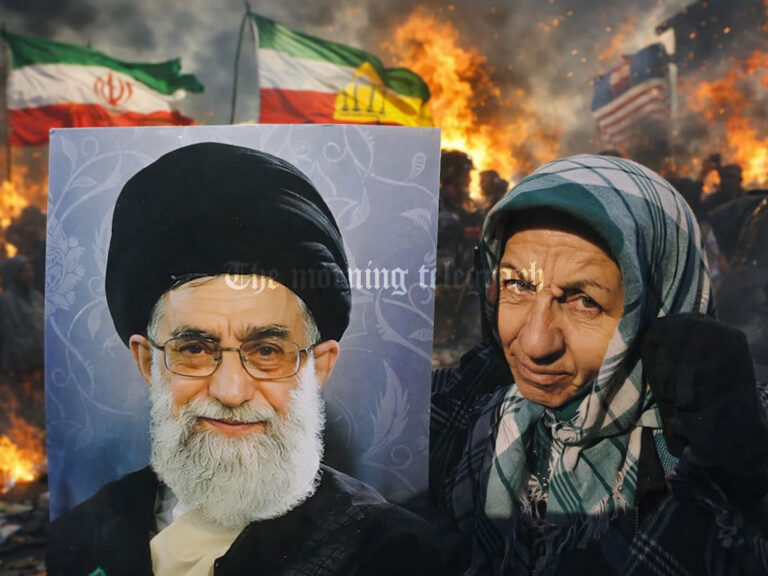
“Money printing” is often used as a demotic term to describe central bank liquidity injections
Sri Lanka has not issued new currency notes, as shown by the lack of bills signed by the current Finance Minister, clarified cabinet spokesperson Vijitha Herath. This statement, made at the weekly cabinet press briefing on October 29, appeared to conflate the concept of liquidity injections by the central bank with the physical act of printing banknotes.
Addressing reports that the central bank recently added around 100 billion rupees to the system using domestic assets, Herath refuted claims of money being printing. Reports had surfaced stating that by October 25, excess liquidity in the banking system had risen sharply to 193.4 billion rupees, up from 138 billion a month prior, following central bank actions. The Morning Telegraph reported that the central bank injected 36.16 billion rupees through an overnight auction and an additional 70 billion rupees through a 7-day term auction.
Herath explained that this process was merely a routine liquidity injection tied to the maturation of treasury bills and bonds, not the creation of new currency.
“No new printing of money has taken place. If new currency had been printed, we’d see notes with the signature of President Anura Kumara Dissanayake, the acting Finance Minister,” Herath stated, inviting the public to verify this claim.
The misunderstanding arises from the term “money printing,” often used as a demotic term to describe central bank liquidity injections, even though these don’t always involve physically printing currency. Viral social media posts had accused the government of violating International Monetary Fund (IMF) restrictions on printing money. Similarly, the term “kite-flying” doesn’t just refer to the literal act of flying a kite. Its informal meaning is “testing an idea or proposal to gauge public reaction,” often used as a strategy before officially launching or implementing something new.
However, Herath stressed that the central bank’s actions adhered to standard procedures without breaching IMF conditions.




